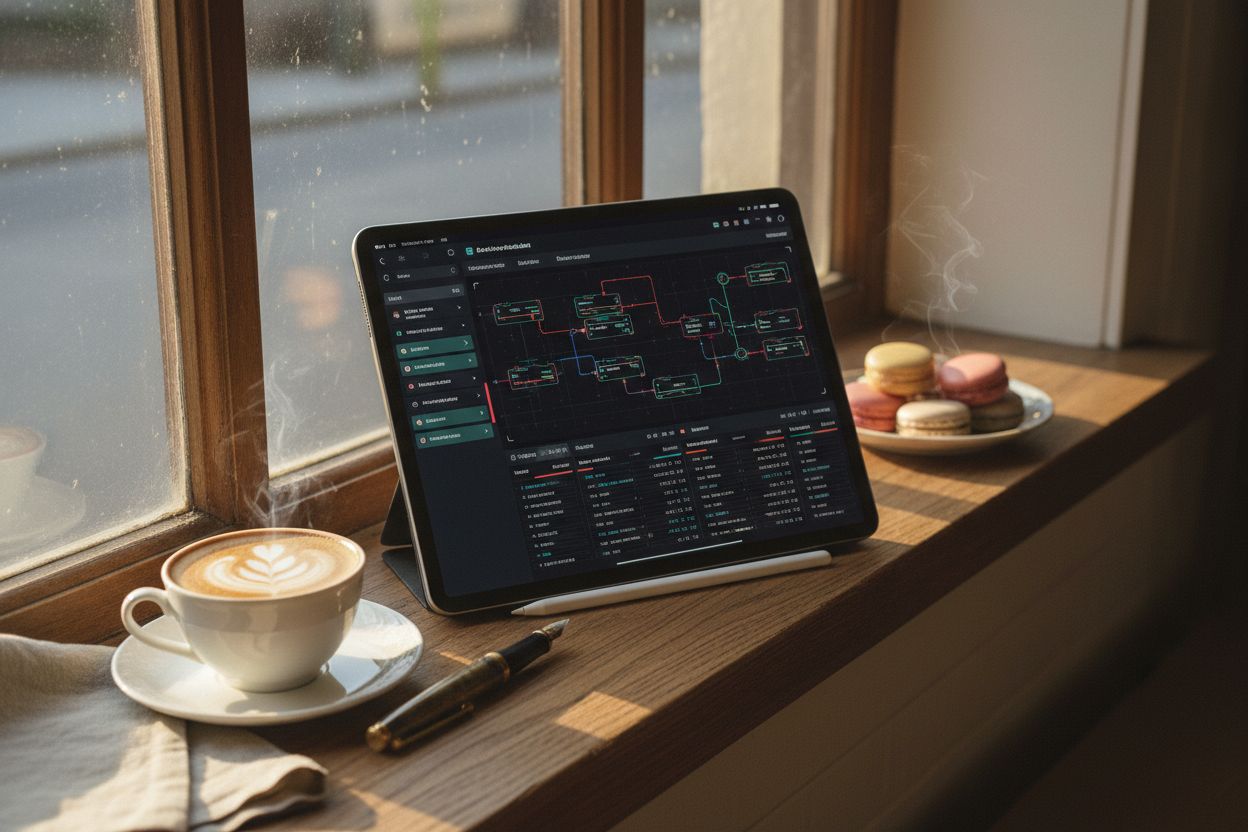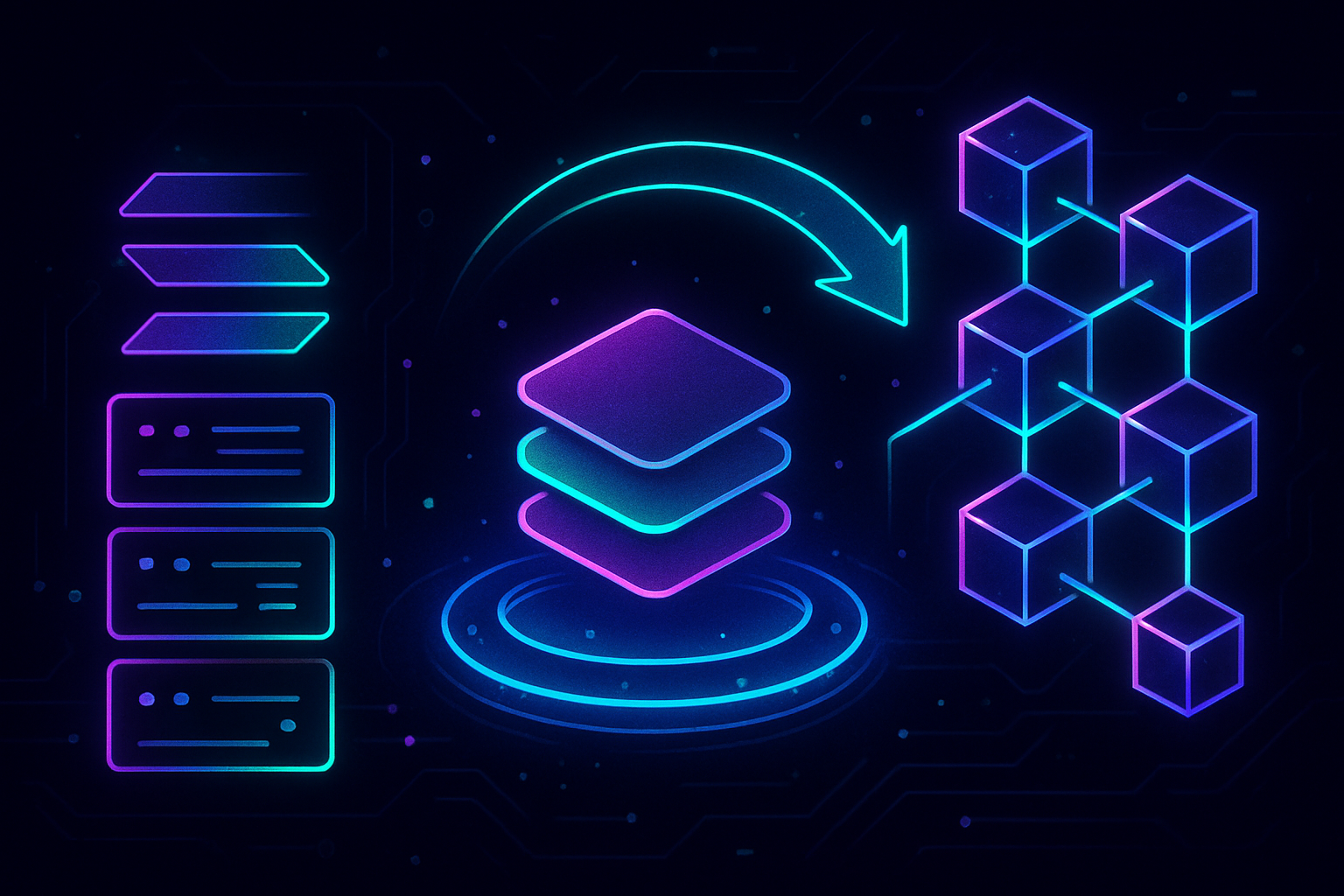
Blockchain gaming and DeFi have long struggled with a fundamental trade-off: achieving real-time user experiences without sacrificing security, composability, or cost efficiency. Traditional scaling solutions often force developers to choose between network fragmentation, high latency, or prohibitive fees. Enter ephemeral rollups on Solana, an innovation rapidly transforming the landscape for high-performance decentralized applications. With Solana’s current price at $230.82, the chain’s ecosystem is buzzing with activity, and MagicBlock’s ephemeral rollup technology is at the center of this new wave of elastic blockchain scaling.

What Are Ephemeral Rollups on Solana?
Ephemeral rollups are temporary, high-speed execution environments that operate alongside the main Solana network. Unlike traditional Layer 2 solutions or permanently deployed app-chains, these rollups spin up on-demand for specific tasks, such as a live gaming tournament or a high-frequency DeFi trading session, and then dissolve when no longer needed. This approach delivers ultra-low latency (as little as 10 milliseconds) and elastic throughput while retaining full composability with Solana’s base layer.
The core mechanism relies on delegating smart contract accounts to custom Solana Virtual Machine (SVM) validators. These validators process transactions outside the main consensus protocol, avoiding bottlenecks and enabling near-instant finality for in-rollup actions. Crucially, delegated accounts remain locked and readable on-chain but are writable only within the ephemeral environment, ensuring state integrity without risking fragmentation or trust assumptions.
Elastic Blockchain Scaling: Why It Matters for Gaming and DeFi
The ability to elastically scale transaction throughput is transformative for both gaming and DeFi dApps on Solana. Rather than being restricted by fixed TPS ceilings or forced to migrate assets across chains, developers can now dynamically adjust infrastructure based on real-time demand. For example:
Key Benefits of Ephemeral Rollups for Game & DeFi Builders
-
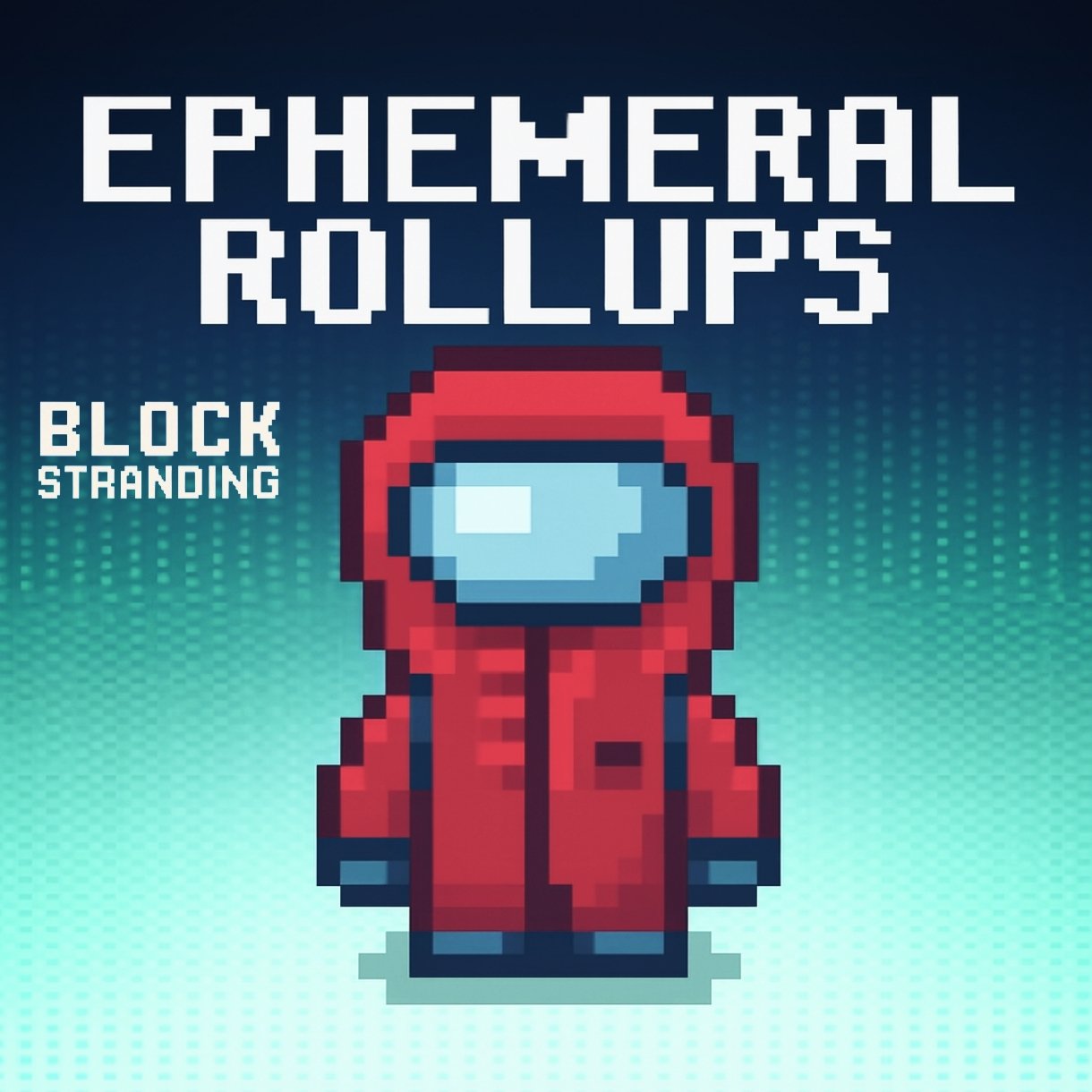
Ultra-Low Latency for Real-Time Experiences: Ephemeral Rollups enable end-to-end latencies as low as 10 milliseconds, delivering the real-time responsiveness crucial for multiplayer gaming and high-frequency DeFi applications.
-
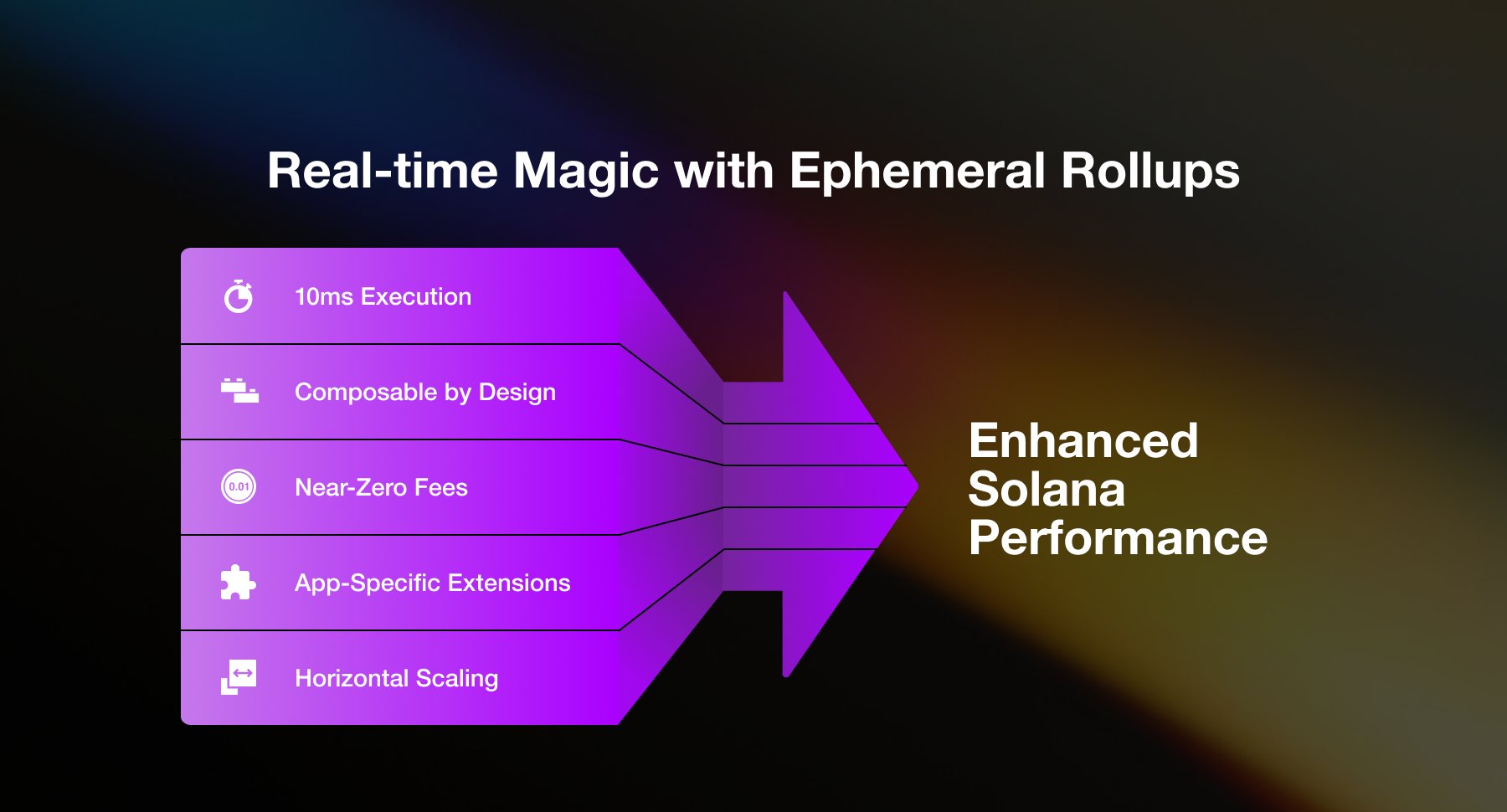
Elastic Scalability Without Fragmentation: Developers can dynamically scale transaction throughput to millions of TPS during peak demand, ensuring smooth gameplay and uninterrupted DeFi operations without splitting liquidity or state.
-
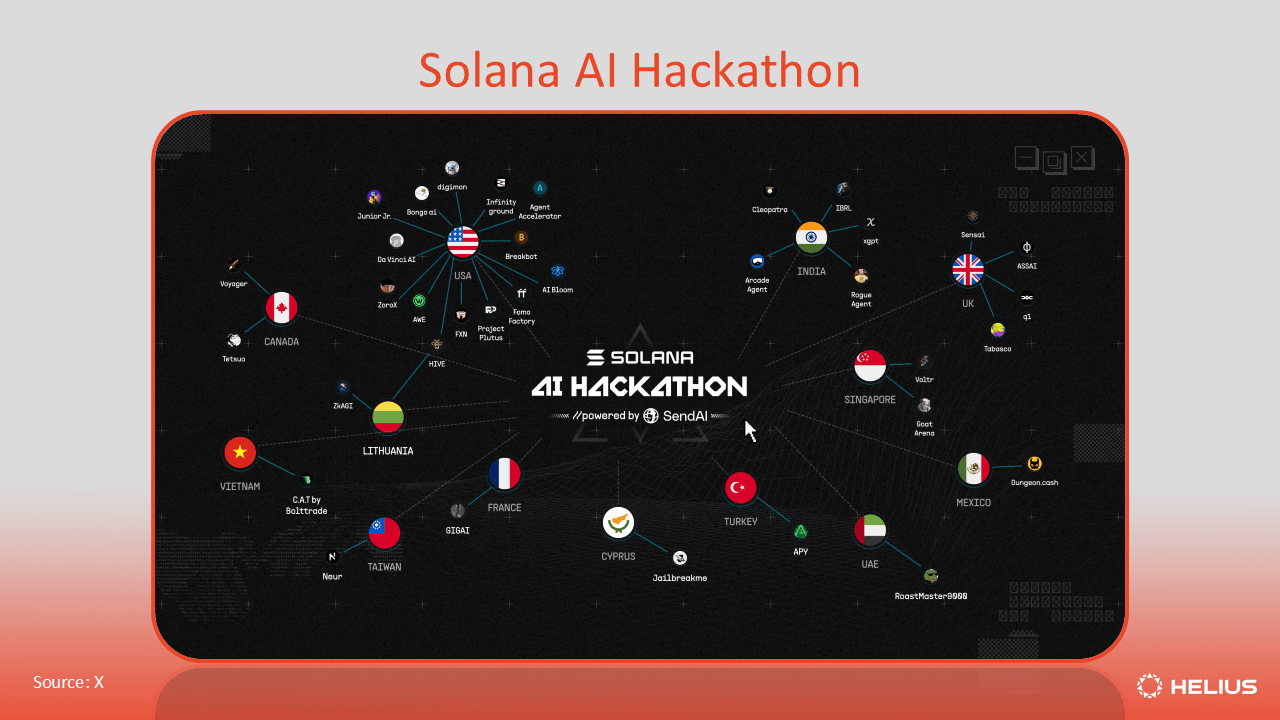
Preserved Composability with Solana Ecosystem: Ephemeral Rollups maintain seamless integration with Solana’s protocols and assets, allowing dApps to interact natively without bridges or new tokens.
-
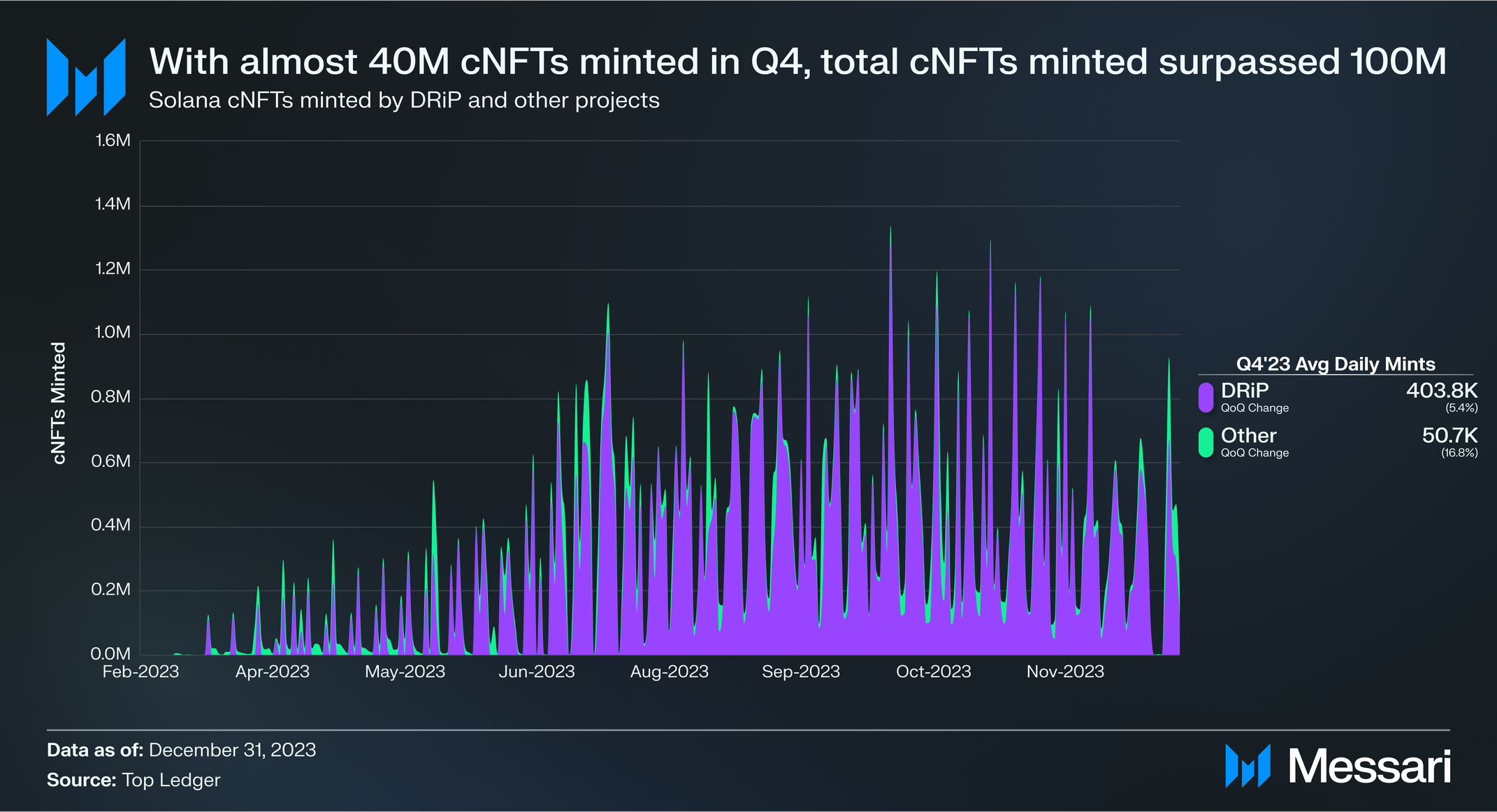
Near-Zero Transaction Fees: By reducing transaction costs to a minimum, Ephemeral Rollups make high-frequency, on-chain gaming and DeFi economically viable for both developers and users.
-

Secure, App-Specific Execution Environments: Developers can deploy custom Solana Virtual Machine (SVM) validators, optimizing performance for their application while keeping assets and logic secured on Solana’s mainnet.
-
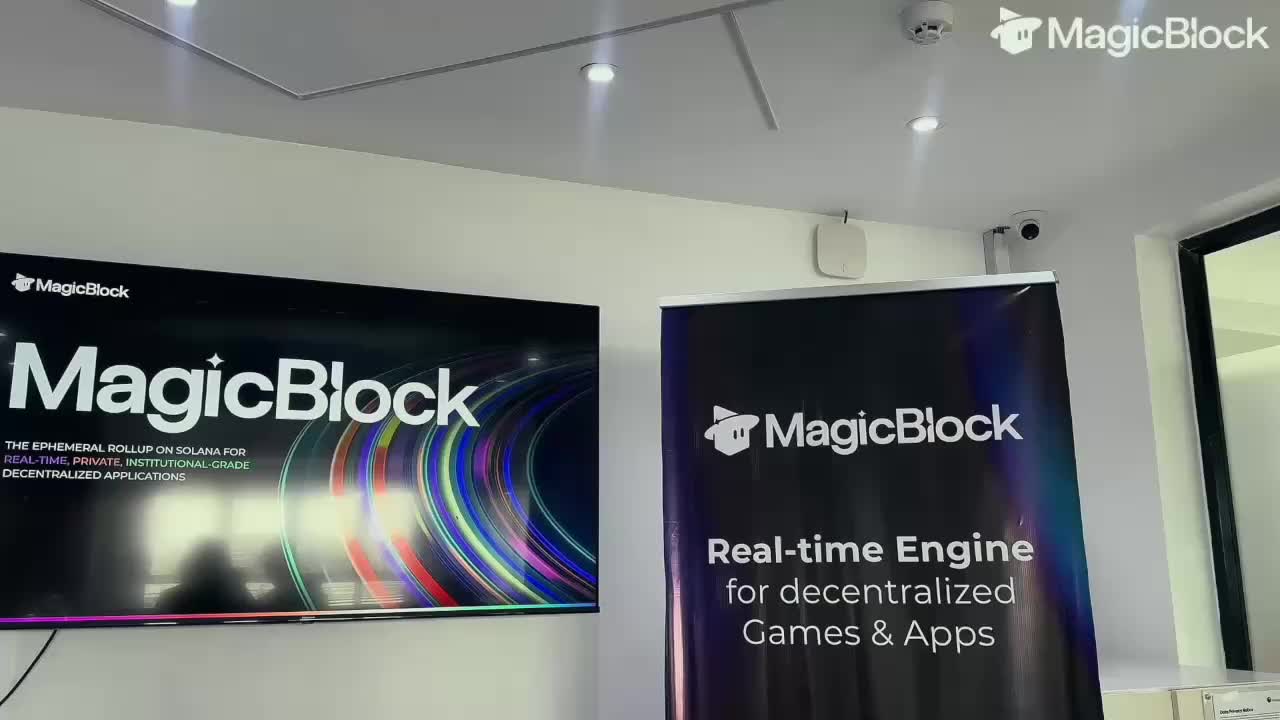
Real-Time Settlement and Price Discovery for DeFi: DeFi builders can offer instant trade execution, live price updates, and transparent on-chain logic—eliminating reliance on off-chain oracles.
-
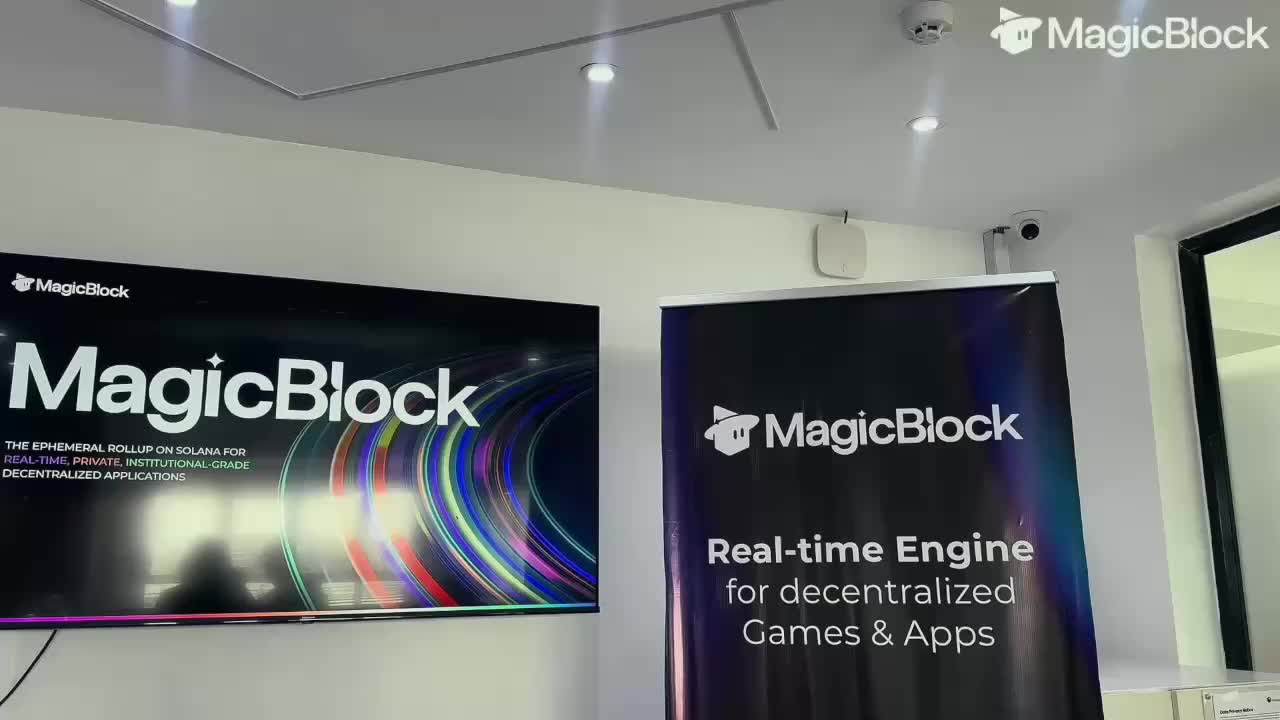
Simple Integration with Existing Solana dApps: Game and DeFi developers can leverage Ephemeral Rollups without migrating assets or rewriting core logic, thanks to native compatibility with Solana’s infrastructure.
This flexibility is especially critical during peak usage, think NFT drops in games or rapid-fire liquidation events in DeFi protocols, where sudden surges would otherwise cripple performance or inflate transaction costs.
Ultra-low fees are another major draw. By offloading intensive computation from the mainnet while preserving security guarantees, ephemeral rollups make it economically viable to run high-frequency applications at scale. This is already attracting projects aiming to deliver Web2-like responsiveness within fully decentralized environments.
Preserving Composability Without Fragmentation
A persistent challenge with most scaling solutions is state fragmentation: when app-chains or sidechains become isolated silos that cannot easily interoperate with other dApps. Ephemeral rollups sidestep this issue by maintaining full integration with Solana’s core ecosystem, no bridges, no separate tokens required. Assets remain native and logic remains transparent throughout the application lifecycle.
This composability ensures that liquidity pools, user inventories, governance mechanisms, and more stay accessible across all participating dApps, even those running their own temporary rollup sessions. For more technical insight into how this architecture avoids common pitfalls seen in modular blockchain setups, see this detailed breakdown.
Real-Time Use Cases Already Live
The impact of ephemeral rollup infrastructure isn’t theoretical, it’s happening now across leading projects:
- Gaming: Fully on-chain games are achieving sub-second responsiveness during live tournaments without compromising asset security.
- DeFi: Protocols can execute complex arbitrage strategies and liquidations in real time without relying on off-chain components.
This paradigm shift opens doors for entirely new categories of decentralized applications that were previously impractical due to scalability constraints.
Developers are already leveraging ephemeral rollups to build next-generation experiences that were previously out of reach for blockchains. The ability to spin up a temporary, high-throughput execution layer means games can now host thousands of simultaneous players, each interacting with the on-chain state in real time. DeFi protocols benefit from the same elasticity, executing trades and liquidations with speed and transparency that rivals centralized exchanges, all while remaining trustless.
MagicBlock’s approach also means that fees remain negligible even during periods of intense network activity. By keeping computation off the main Solana chain but maintaining composability, ephemeral rollups avoid the pitfalls of siloed app-chains or costly Layer 2 bridges. This is a major step forward for developers seeking to launch scalable dApps without having to compromise on user experience or security.
The Economic Impact: Lower Barriers, Higher Throughput
For both indie studios and established DeFi teams, the cost structure enabled by ephemeral rollups is a game changer. Transaction fees, often a limiting factor in high-volume applications, are slashed to near zero. This makes it feasible to experiment with new mechanics, such as microtransactions in games or frequent portfolio rebalancing in DeFi protocols, without worrying about prohibitive costs.
The broader market is taking notice. With Solana trading at $230.82, its robust price action is partly fueled by developer optimism around these scaling breakthroughs. As more projects adopt ephemeral rollup infrastructure, demand for Solana blockspace and ecosystem services is likely to accelerate further.
What’s Next for Ephemeral Rollups on Solana?
The roadmap ahead points toward even greater flexibility and customization for app-chain deployment on Solana. Developers can expect more granular control over validator parameters, session lifecycles, and integration hooks with existing protocols. This will allow for highly specialized rollup environments tailored to unique application needs, whether that’s an esports tournament requiring millisecond updates or a DeFi protocol demanding instant settlement during market volatility.
Additionally, as open-source frameworks mature and more real-world case studies emerge, we’re likely to see a proliferation of tools making ephemeral rollup deployment as seamless as spinning up a cloud server today. For those interested in technical deep-dives or practical guides on deploying these solutions, resources like this analysis offer valuable perspectives from early adopters.
Top Projects Leveraging Ephemeral Rollups on Solana
-
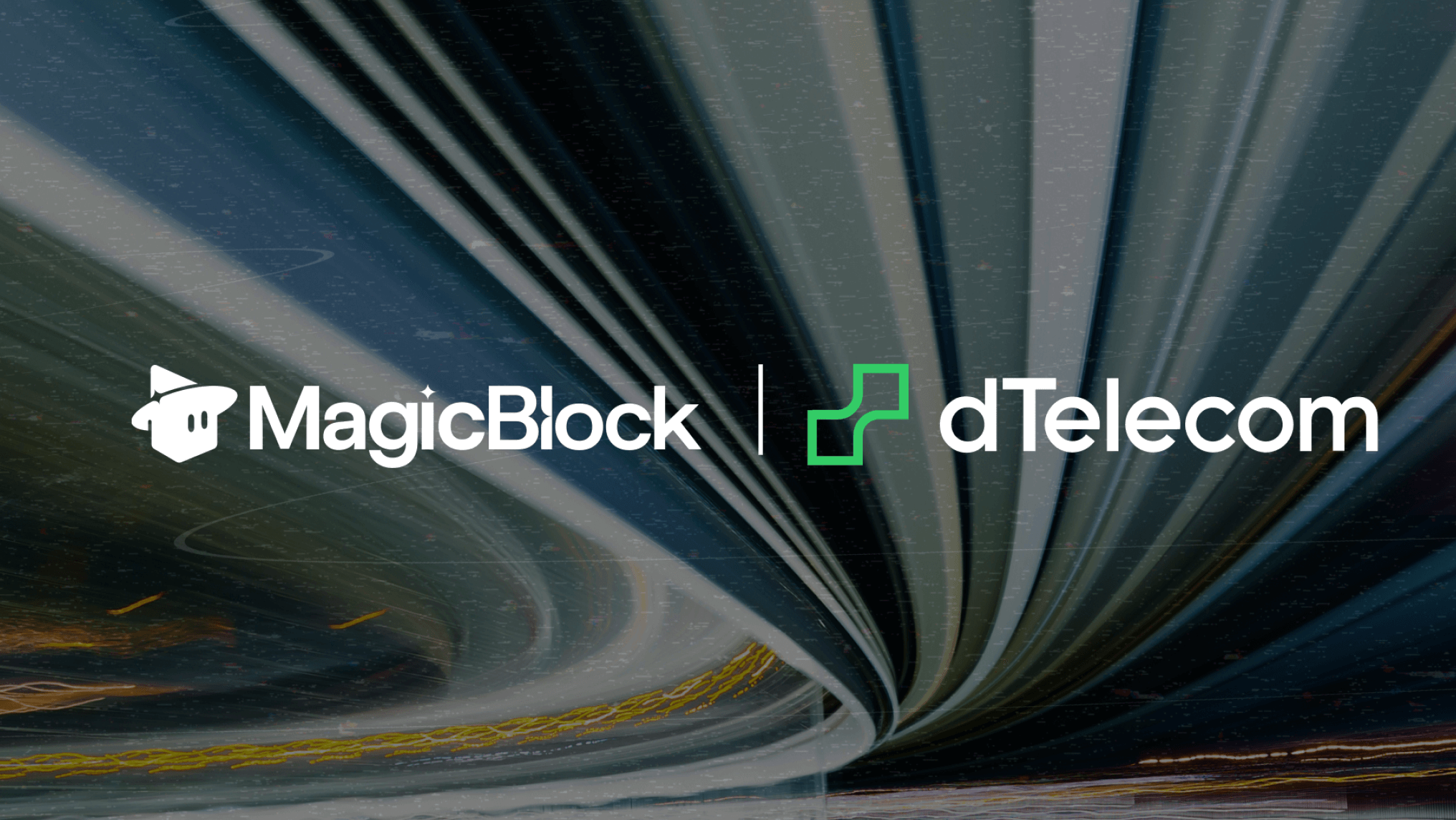
MagicBlock — The pioneer of ephemeral rollups on Solana, MagicBlock provides the core infrastructure enabling ultra-low latency and elastic scaling for on-chain games and DeFi applications. Their open-source ephemeral validator framework is already powering several high-performance Solana dApps.
-
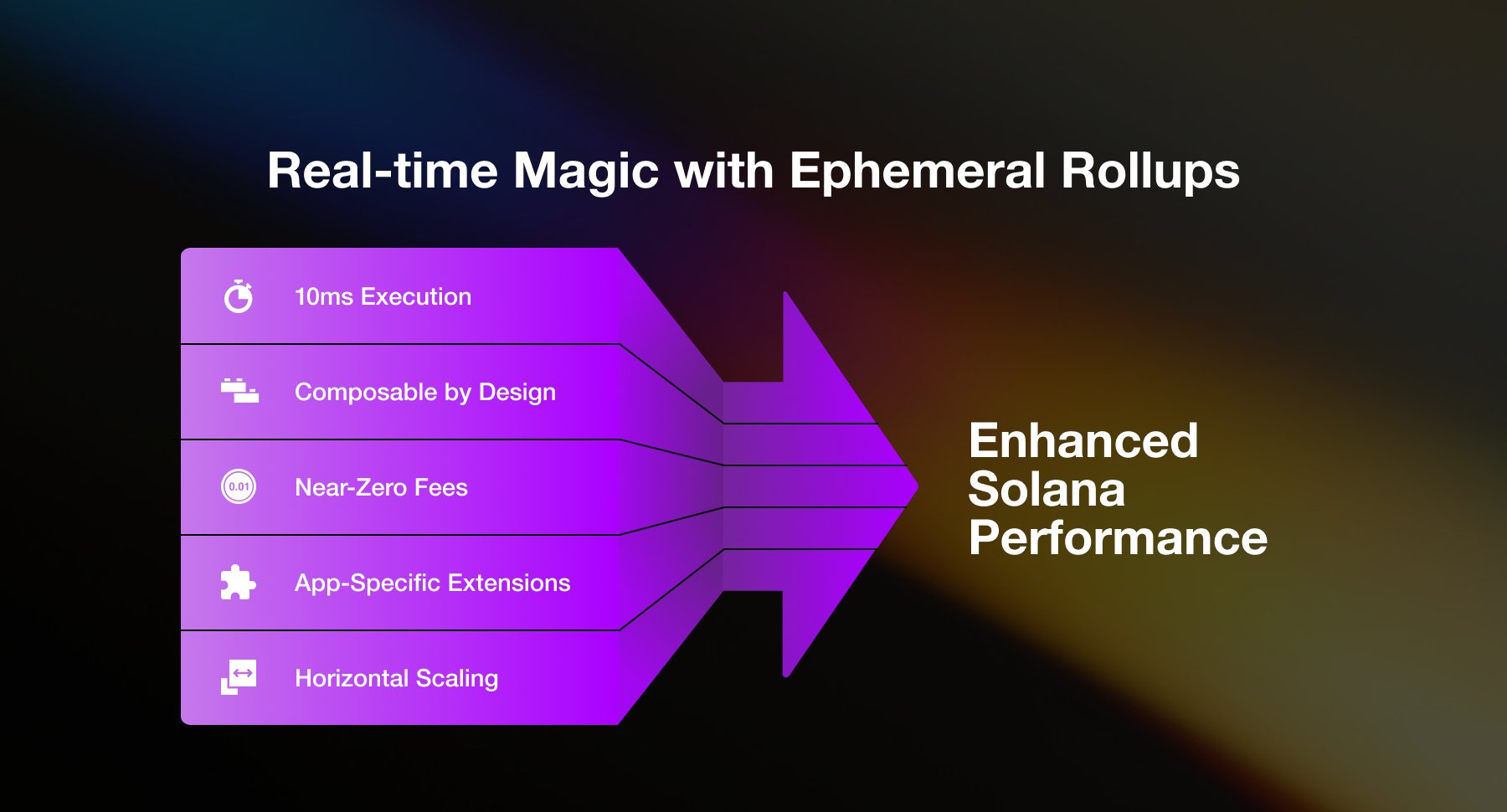
Ev.io — This popular browser-based FPS game integrated MagicBlock’s ephemeral rollups to achieve real-time, fully on-chain gameplay with sub-50ms latency, showcasing the power of elastic scaling for multiplayer blockchain gaming.
-

Realms (Lootverse) — As a leading on-chain strategy game, Realms utilizes ephemeral rollups to process complex in-game actions and asset transfers at scale, ensuring seamless player experiences without sacrificing composability or security.
-
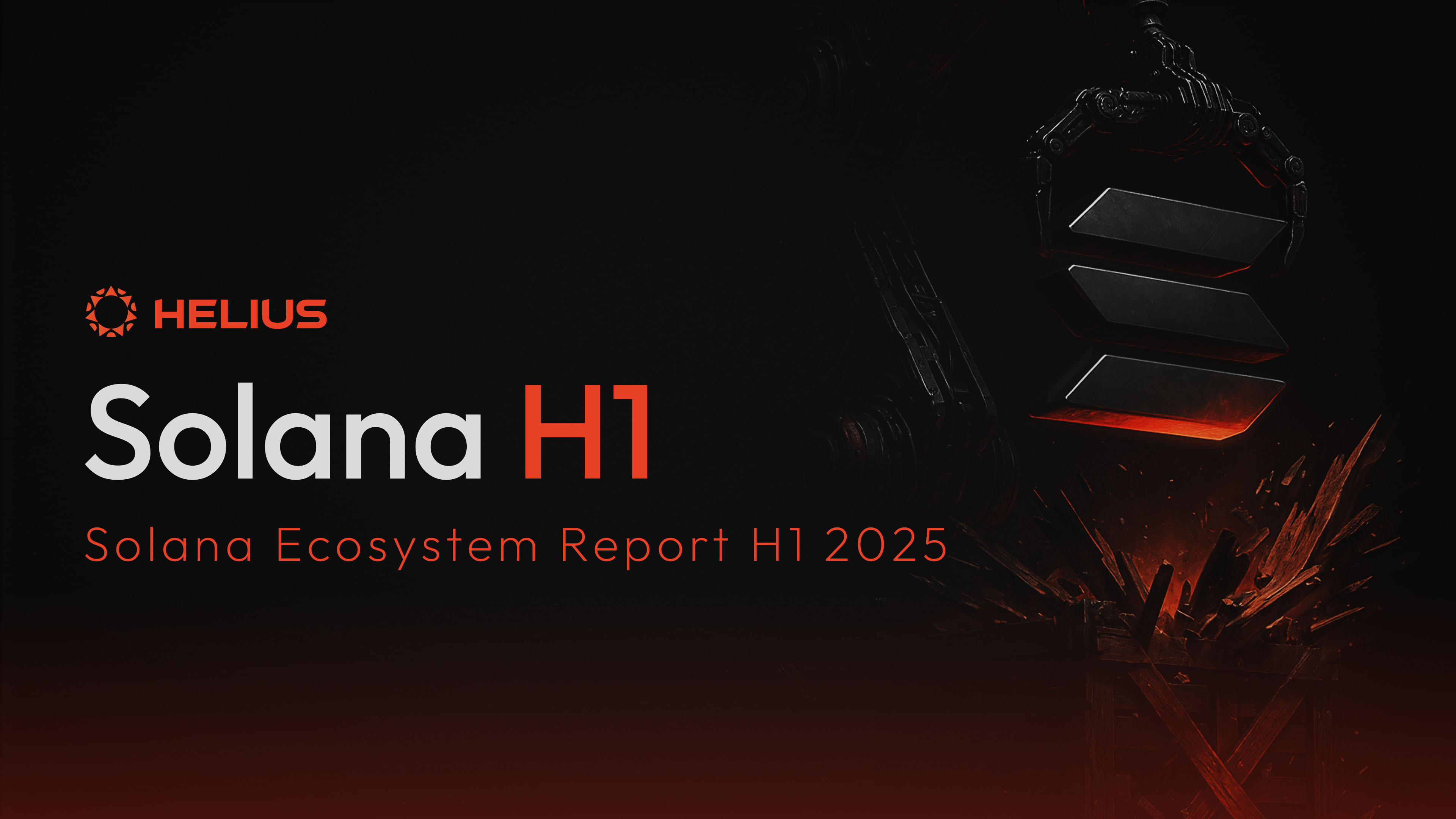
MonkeDAO — One of Solana’s largest NFT communities, MonkeDAO leverages ephemeral rollups for real-time auctions and high-frequency NFT trading, benefiting from near-zero fees and instant settlement.
-
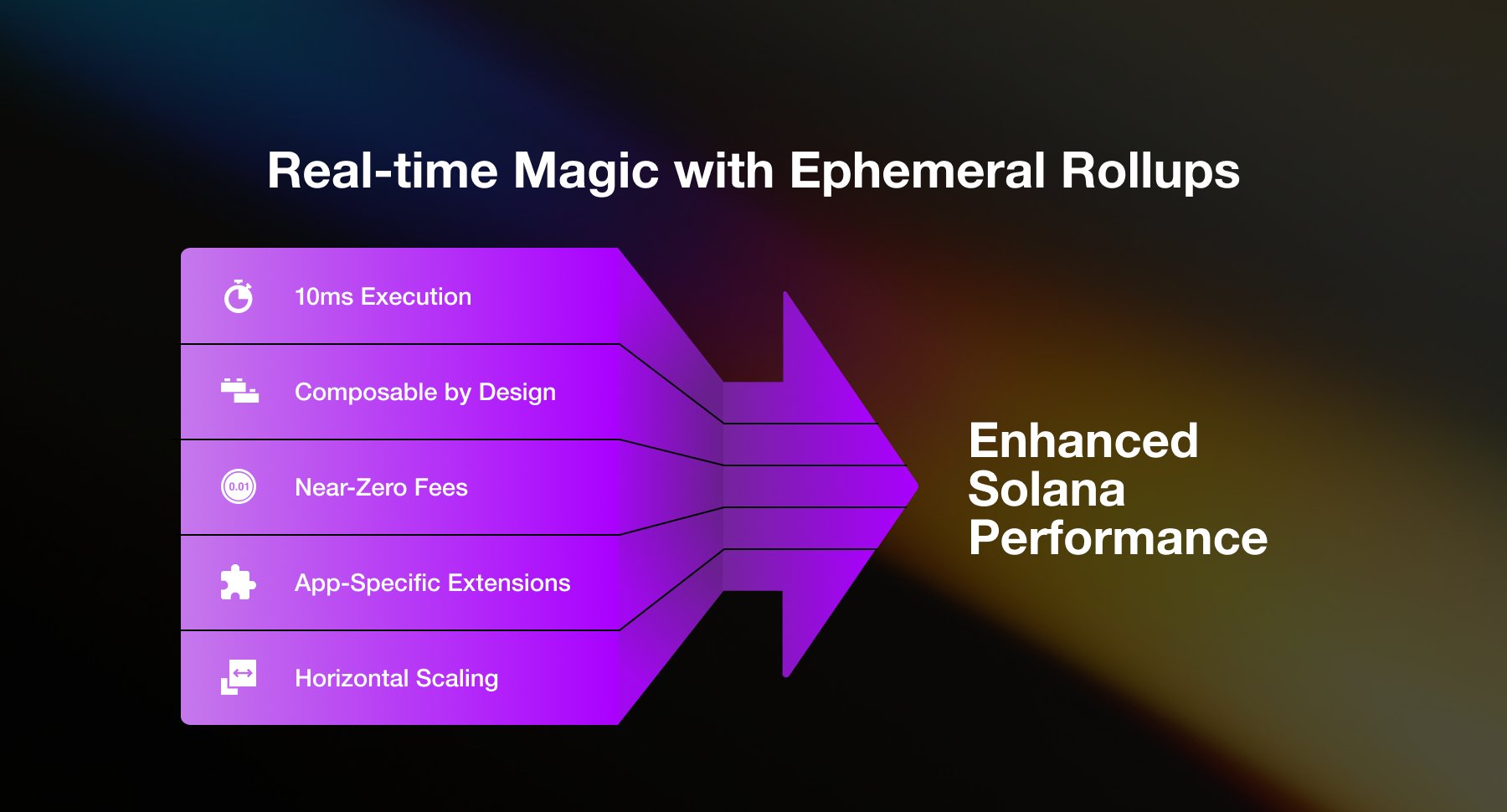
Drift Protocol — Drift, a leading decentralized derivatives exchange, is exploring ephemeral rollups to enable high-frequency, low-latency trading and real-time price discovery, pushing the boundaries of on-chain DeFi performance.
With MagicBlock’s innovation setting the pace and open-source contributions accelerating adoption across the ecosystem, ephemeral rollups are quickly becoming an essential part of Solana’s value proposition for high-performance dApps.
“Elastic blockchain scaling isn’t just about raw throughput, it’s about empowering builders to create experiences limited only by their imagination. “
In summary, ephemeral rollups are redefining what’s possible for gaming and DeFi applications on Solana. By combining ultra-low latency with preserved composability and minimal fees, all at today’s SOL price of $230.82: they offer an unmatched foundation for the next wave of decentralized innovation.





